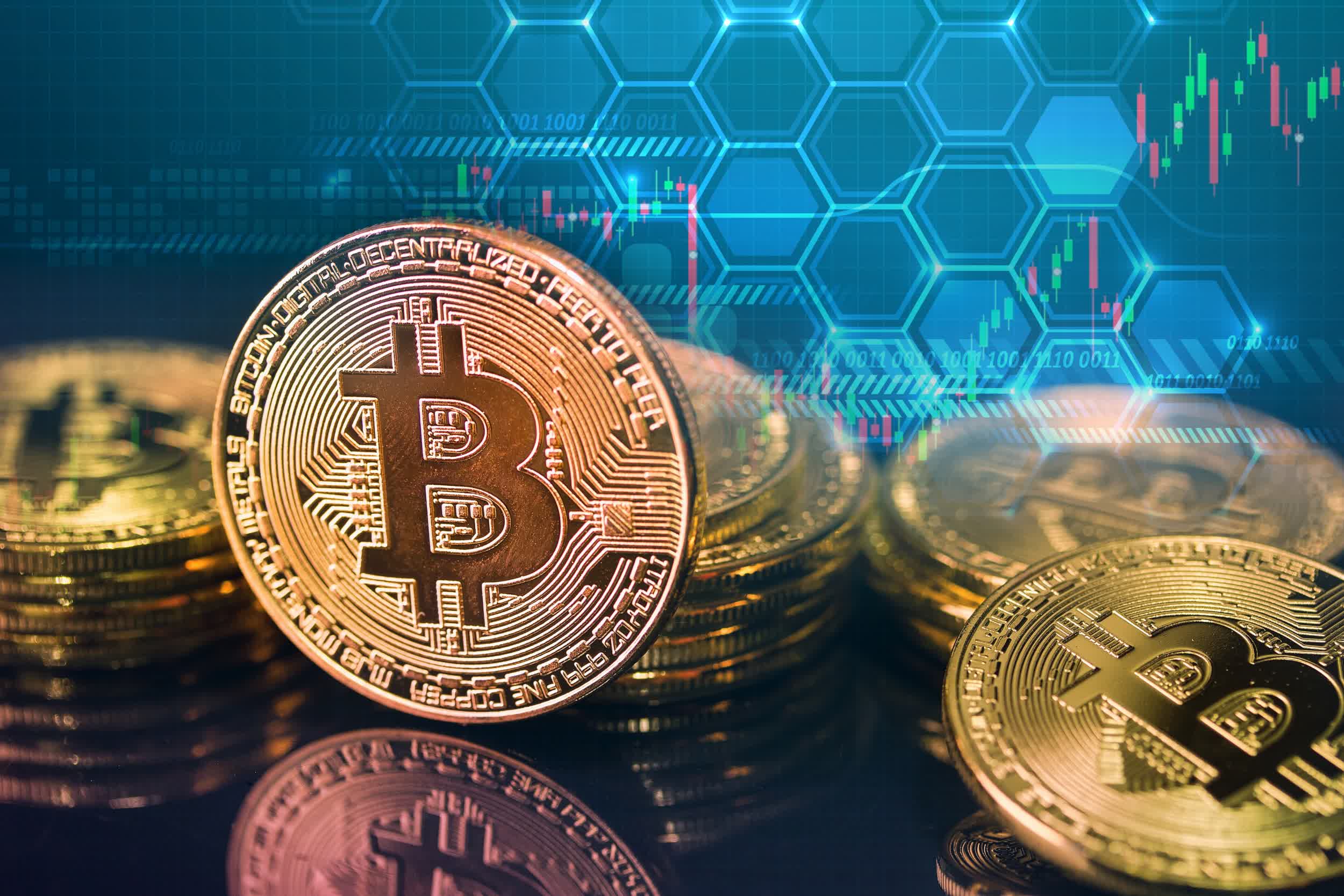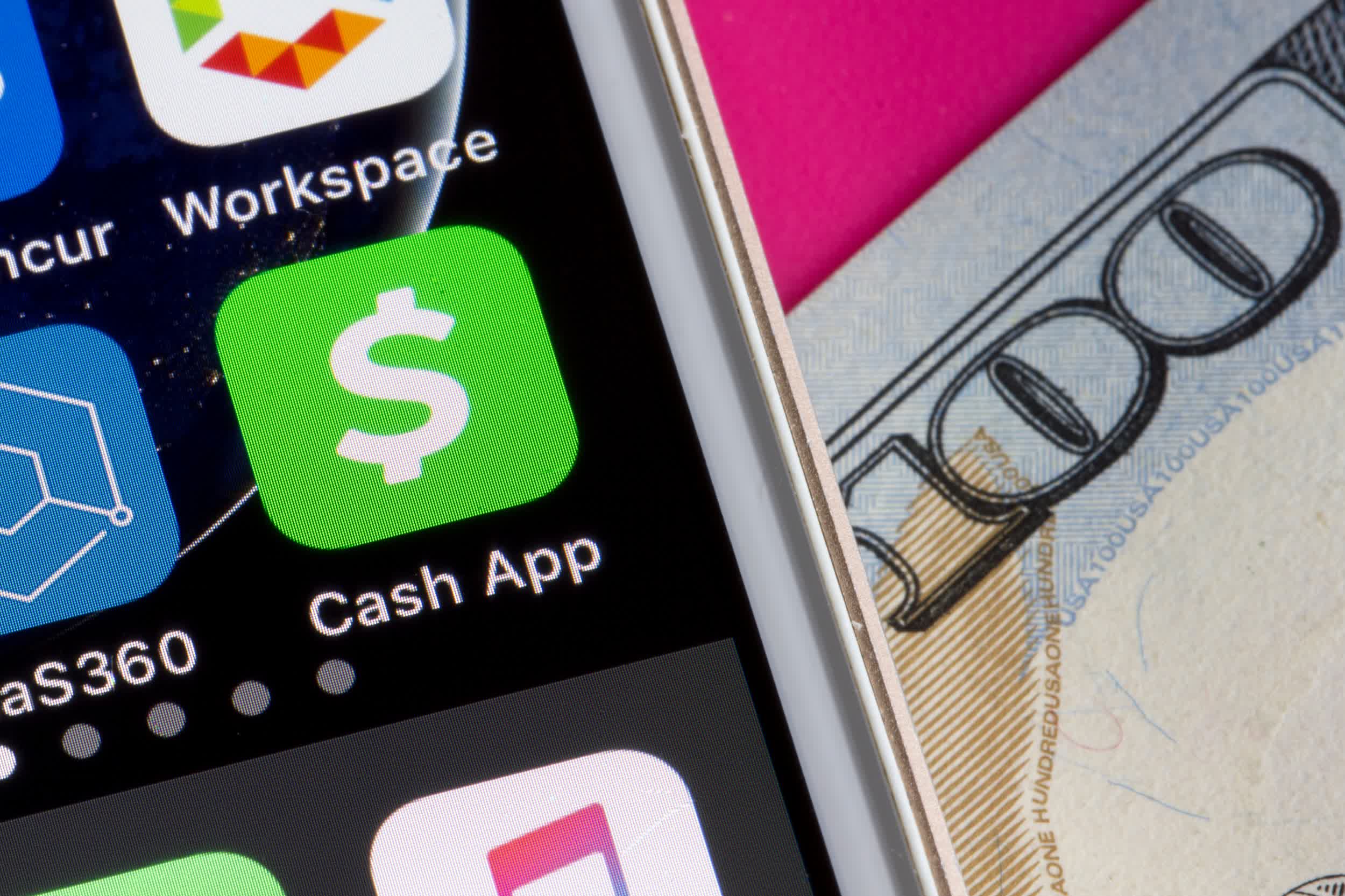In brief: American financial services company Square on Thursday announced it has spent roughly $50 million, or approximately one percent of its total assets, to purchase 4,709 Bitcoins. The company said it believes the cryptocurrency is an “instrument of economic empowerment” that can help the world participate in finance on a global scale, aligning with its own mission.

Square has a bit of history with the popular cryptocurrency. In January 2018, the company added Bitcoin trading to its mobile payment service Cash App. This past February, the company said half of its Cash App quarterly revenue was now coming from Bitcoin transactions.
Jack Dorsey and company in September launched a cryptocurrency consortium, the Cryptocurrency Open Patent Alliance (COPA), tasked with bolstering innovation by helping individuals and companies create a shared pool of crypto-related intellectual property to defend against patent trolls.

Bitcoin’s value is up around 2.5 percent on the day, presumably as a direct result of Square’s investment. As of writing, a single Bitcoin is trading at $10,985.44, up from the $7,174.74 closing price on January 1, 2020.
Amrita Ahuja , Square’s chief financial officer, said they believe Bitcoin has the potential to be a more ubiquitous currency in the future. “As it grows in adoption, we intend to learn and participate in a disciplined way,” the executive added.
Square’s share value, meanwhile, is up nearly two percent on the day at $183.60 as of writing, up from just $63.83 at the beginning of the year.
Image credit: Jaruwan Jaiyangyuen, Tada Images
https://www.techspot.com/news/87039-square-invests-50-million-bitcoins.html